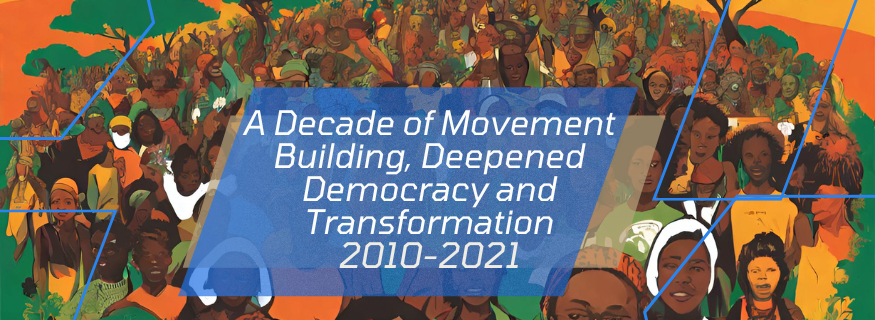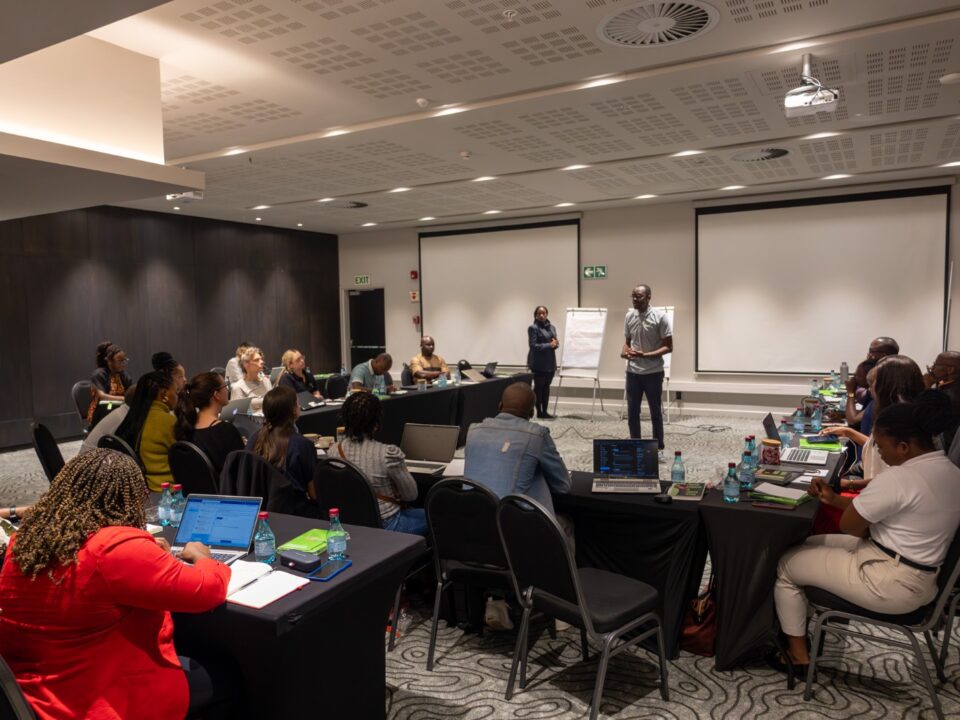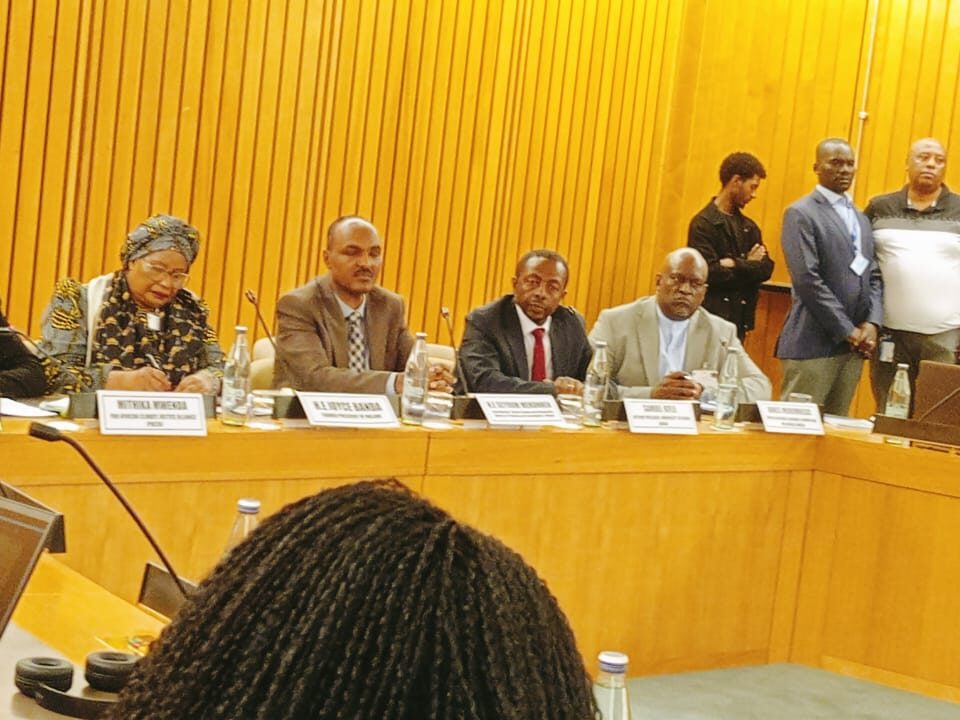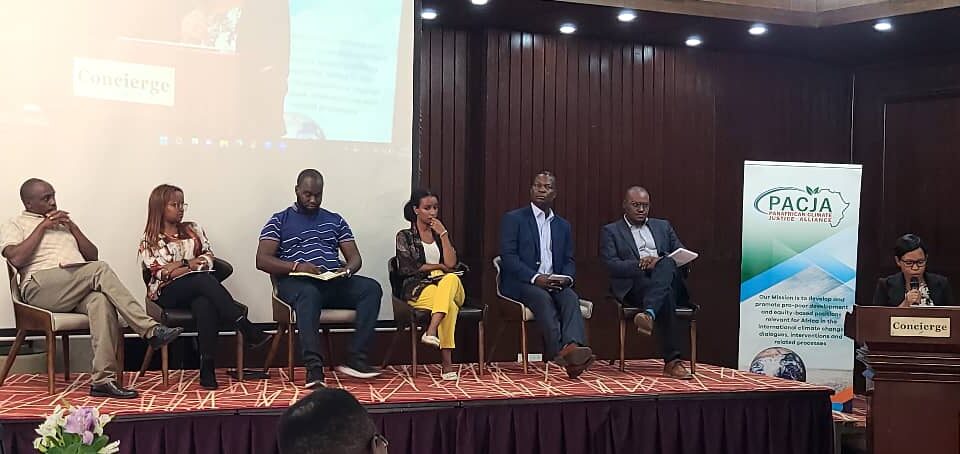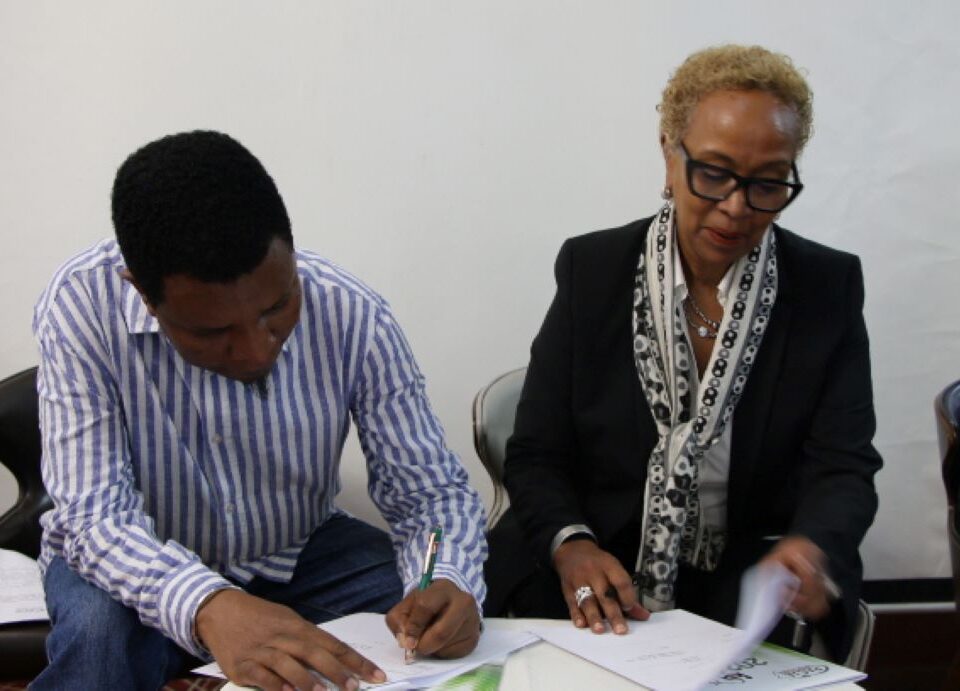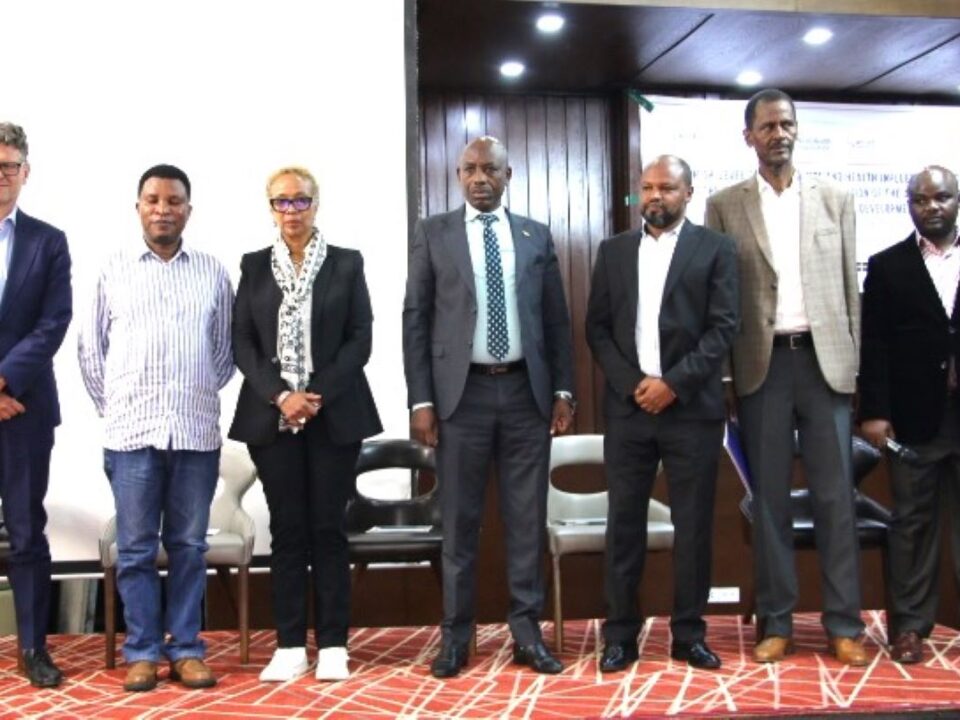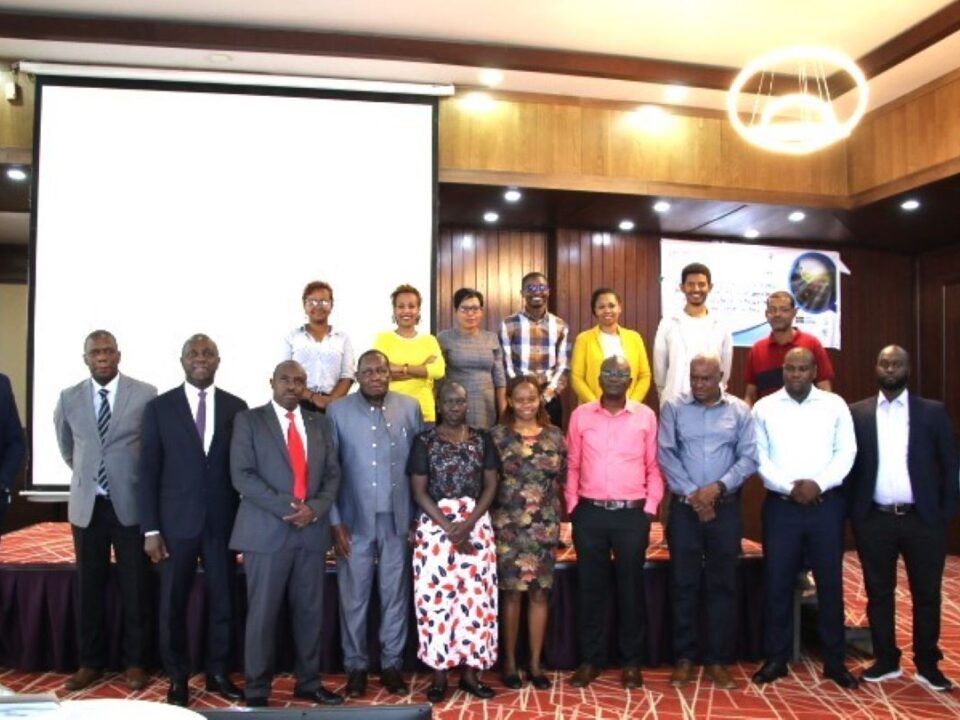

People-centered

Rights-based

Just-&-Inclusive
WHO WE ARE
We are a consortium of more than 1000 organisations from 51 African countries that brings together a diverse membership drawn from Grassroots, Community-based organizations, Faith-based Organizations, Non-Governmental organizations, Trusts, Foundations, Indigenous Communities, Farmers and Pastoralist Groups with a shared vision to advance a people-centered, right-based, just and inclusive approach to address climate and environmental challenges facing humanity and the planet.Casinos are increasingly investing in the fight against climate change, with some looking to develop energy efficient infrastructure and others pledging to use sustainable materials. Some believe that casinos, including https://casinosworld.ca/instant-withdrawal-casino/, have a unique opportunity to help reduce greenhouse gas emissions by promoting responsible gaming. According to a study released in October by the University of Nevada, Las Vegas, casinos could generate as much as $1 billion annually through aggressive carbon reduction programs and other green initiatives. The report's authors said that such measures would create jobs, boost tourism and provide a moral imperative for operators of Sin City's casinos. "This is an area where we can make a big impact," MGM Resorts International CEO Jim Murren said in a statement. "It’s important for us both as an industry and as individuals to do what we can to improve the environment.
Upcoming Events
Latest News
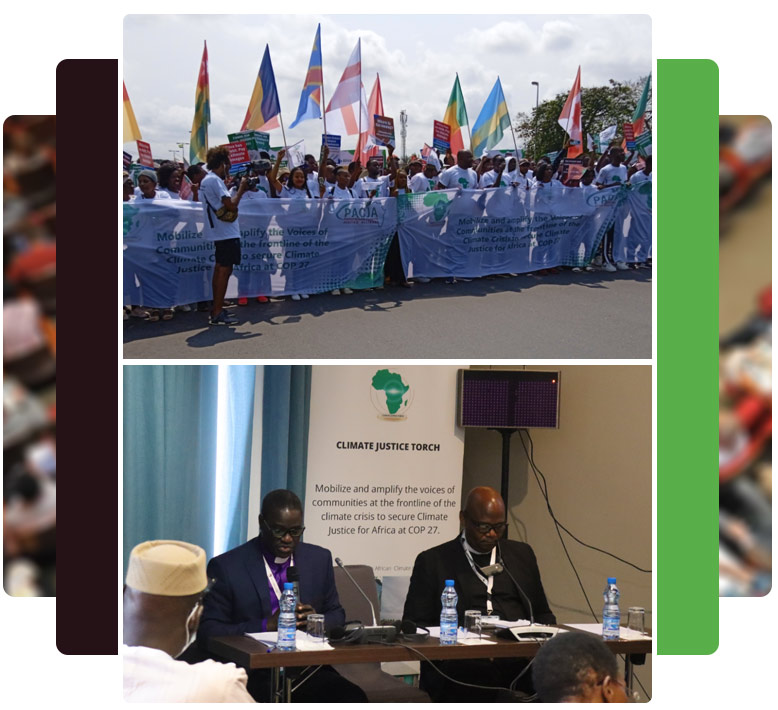
OUR STRATEGIC FOCUS:
Policy Influence
We engage in the formulation of national Climate Change and environmental governance policy and programs;Engagement & Mobilization
We recognize the increased demand by African citizens on their governments and inter-governmental bodies to take actionInstitution Strengthening
A cohesive, member-responsive, and effective civil society platform capable of responding to a dynamic socio-political and ecological environment.Research & Development
Research and knowledge Through building dynamic research functionality for targeted research that supports PACJA’s advocacy agenda;OUR PROJECTS

The African Activists for Climate Justice
A five-year programme funded by the Dutch Ministry of Foreign Affairs. The programme will be implemented in eight African countries: Burkina Faso, Ethiopia, Kenya, Nigeria, Mozambique, Senegal, Somalia and South Africa.
Accer Awards 2020
The crisis of COVID-19 has exacerbated other crises engulfing humanity, notably climate change, biodiversity loss and inequality. The pandemic has put into test our social structures and institutions in a manner never seen before.
Ensuring a People-Centered Energy Transition in Africa Through Civil Society Engagement- Project
Project Name: Ensuring a People-Centered Energy Transition in Africa Through Civil Society Engagement. This project aims at strengthening the role of civil society in the promotion and implementation of sustainable energy..

Africa Energy Transition Project
Project Name: Africa Energy Transition Project Aim: Divestment from coal and promotion of renewable energy. Implementing Partners: WWF and Pan African Climate Justice Alliance
OUR
INITIATIVES
OUR PARTNERS
Online gokken met Paysafecard
Als je op zoek bent naar een veilige en betrouwbare manier om online te gokken, dan is de Paysafecard een uitstekende optie. Dit is een prepaid betaalkaart waarmee je geld kunt storten bij verschillende online casino's. Het is een handige manier om te betalen omdat je geen bankrekening nodig hebt en er ook geen persoonlijke gegevens hoeven te worden gedeeld.
Het gebruik van de Paysafecard is heel eenvoudig. Je koopt de kaart bij een van de vele verkooppunten in Nederland, zoals een supermarkt of een tankstation. Vervolgens kun je het bedrag op de kaart gebruiken om geld te storten bij een online casino dat de Paysafecard accepteert. Je hoeft alleen de code op de kaart in te voeren om het geld over te maken.
Een groot voordeel van de Paysafecard is dat je alleen kunt uitgeven wat er op de kaart staat. Dit betekent dat je geen geld kunt verliezen dat je niet hebt. Bovendien is het ook een veilige manier van betalen omdat er geen persoonlijke gegevens worden gedeeld met het online casino.
Er zijn steeds meer online casino's die de goksites met Paysafecard accepteren als betaalmethode. Dit komt omdat het een populaire en betrouwbare manier van betalen is. Bovendien zijn er geen transactiekosten verbonden aan het gebruik van de Paysafecard.
Als je wilt beginnen met online gokken met Paysafecard, dan is het belangrijk om een betrouwbaar online casino te kiezen. Bij OnlineCasino-NL.com hebben we een selectie gemaakt van de beste online casino's die de Paysafecard accepteren als betaalmethode. Hierdoor kun je veilig en betrouwbaar online gokken met Paysafecard.
Kortom, de Paysafecard is een veilige en betrouwbare manier om geld te storten bij online casino's. Het is een handige manier van betalen omdat je geen persoonlijke gegevens hoeft te delen en alleen kunt uitgeven wat er op de kaart staat. Wil je beginnen met online gokken met Paysafecard? Bezoek dan OnlineCasino-NL.com voor een selectie van betrouwbare online casino's.
Jeśli interesują Cię kasyna online, na pewno zdajesz sobie sprawę z konieczności dokonywania wpłat i wypłat. Aby proces ten przebiegał jak najłatwiej i najbezpieczniej, warto skorzystać z zaufanej metody płatności. Jedną z najpopularniejszych opcji jest kasyno online Trustly.
Trustly to system płatności online, który działa na podobnej zasadzie jak przelewy bankowe. Jednak w przeciwieństwie do tradycyjnych przelewów, Trustly umożliwia błyskawiczne przekazywanie pieniędzy między Twoim kontem bankowym a kasynem online. Dzięki temu nie musisz czekać na potwierdzenie przelewu przez bank, a pieniądze trafiają na Twoje konto gracza w ciągu kilku minut.
Co więcej, Trustly to również bardzo bezpieczna metoda płatności. System korzysta z szyfrowania SSL i weryfikacji dwuskładnikowej, dzięki czemu Twoje dane i pieniądze są chronione przed nieuprawnionym dostępem. Ponadto Trustly jest licencjonowany i regulowany przez Europejski Bank Centralny, co dodatkowo podnosi poziom bezpieczeństwa transakcji.
Korzystanie z kasyna online Trustly to także bardzo wygodne rozwiązanie. Wystarczy wybrać Trustly jako metodę płatności, podać swoje dane bankowe i zatwierdzić transakcję. Nie musisz zakładać dodatkowych kont w innych serwisach ani wprowadzać dodatkowych informacji. Trustly działa we wszystkich bankach, więc nie musisz się martwić, czy Twoja instytucja finansowa obsługuje tę metodę płatności.
Kasyno online Trustly to także opcja dla osób, które cenią sobie anonimowość w Internecie. Dzięki Trustly nie musisz podawać swoich danych osobowych ani informacji o swojej karcie kredytowej. Wszystkie transakcje odbywają się za pośrednictwem Twojego banku, a Trustly zapewnia pełną dyskrecję.
Podsumowując, korzystanie z kasyna online Trustly to bardzo dobry wybór dla każdego, kto szuka bezpiecznej, wygodnej i szybkiej metody płatności w kasynie online. Sprawdź sam, jak łatwo i przyjemnie można dokonywać wpłat i wypłat dzięki Trustly!
Бонусите и промоциите в онлайн казината могат да бъдат чудесен начин да увеличите сумата на банката си. В зависимост от вида на играта, която играете, могат да бъдат задействани различни видове бонуси. Можете да изберете да получите бонус за добре дошли, бонус за депозит, бонус за презареждане или безплатни завъртания.
Редица онлайн казино БГ приемат кредитни карти като форма на плащане. Най-често използваните опции са Visa и Mastercard. Друга възможност са електронните портфейли.
Обикновено електронните портфейли са свързани с кредитна карта и позволяват сигурни транзакции.
Казината в България са достъпни и за мобилни устройства. Масите на живо също са чудесен начин да си набавите хазартни игри. Повечето от предложенията на казината са отворени 24 часа в денонощието. Има и многобройни игри на покер и блекджек с дилъри на живо.
Българските онлайн казина са лицензирани и регулирани от Държавната комисия по хазарта. Агенцията е подразделение на Министерството на финансите в България.
Drugo koristno orodje je večjezična podpora, ki jo ponujajo številni mednarodni operaterji. To omogoča hitrejše reševanje težav, ki bi sicer utegnile pritegniti pozornost stranke. Najosnovneje lahko večjezični sistem podpore strankam komunicira v različnih jezikih, zato tudi tistim, ki ne govorijo tekoče angleško, ne bo treba trpeti zaradi dolgih čakalnih dob.
Seveda je treba opozoriti tudi na to, da če se odločite za igranje v tuji spletni igralnici, je vredno preučiti prednosti licence iz svoje države.
Tako boste lahko izkoristili prednosti večjih bonusov in bolj priročnih postopkov izplačil. In če boste imeli srečo, boste ob registraciji morda dobili ekskluzivno darilo.
Nazadnje je dobro vedeti, da imajo najboljše spletnih casino za pravi denar licenco Malta Gaming Authority (MGA), UK Gambling Commission (UKGC) in Curacao Gaming Association (CGA). Če želite imeti najvarnejšo in najugodnejšo izkušnjo, se prepričajte, da ste izbrali mednarodno spletno igralnico.


